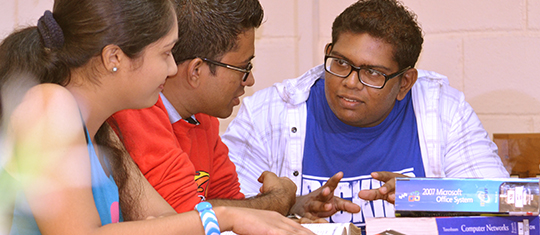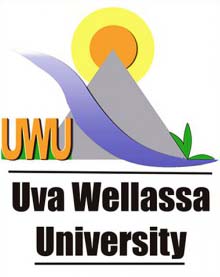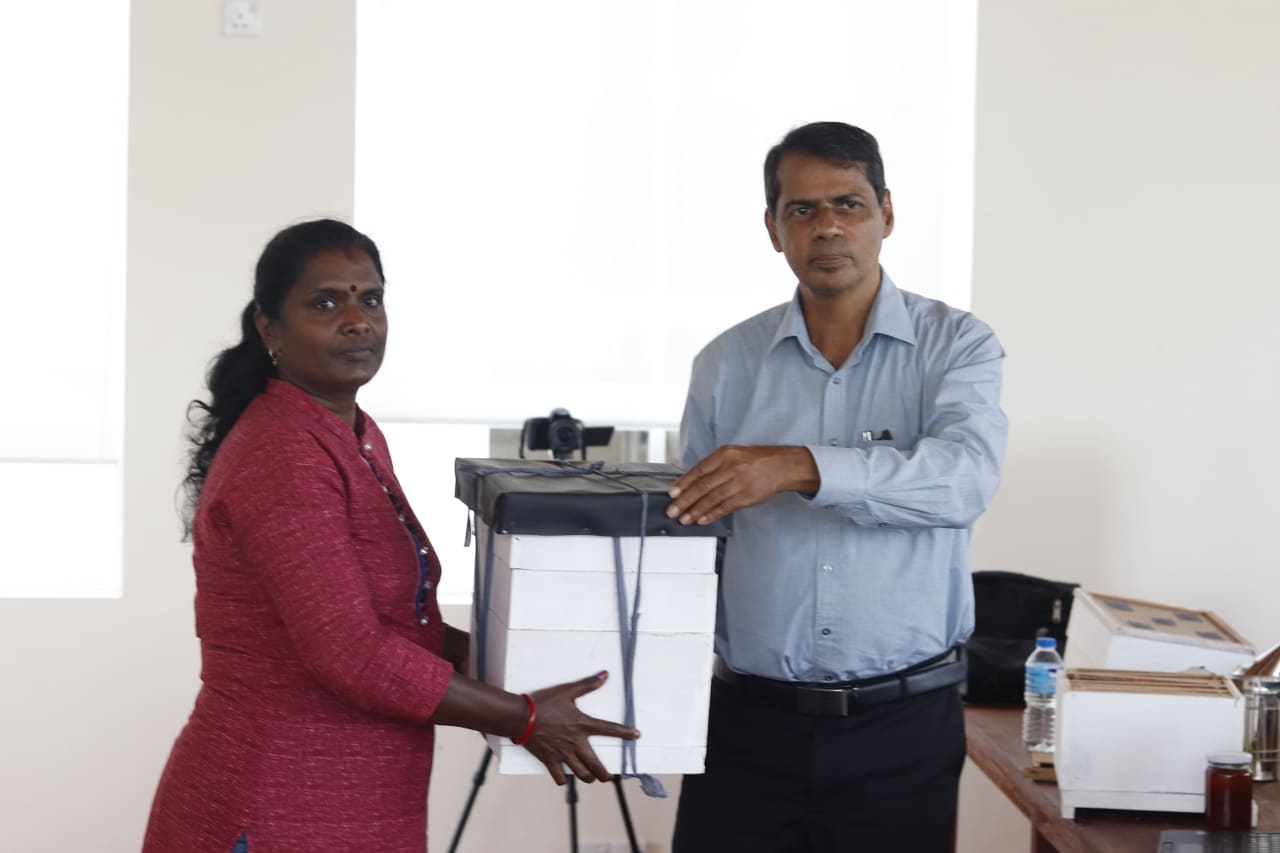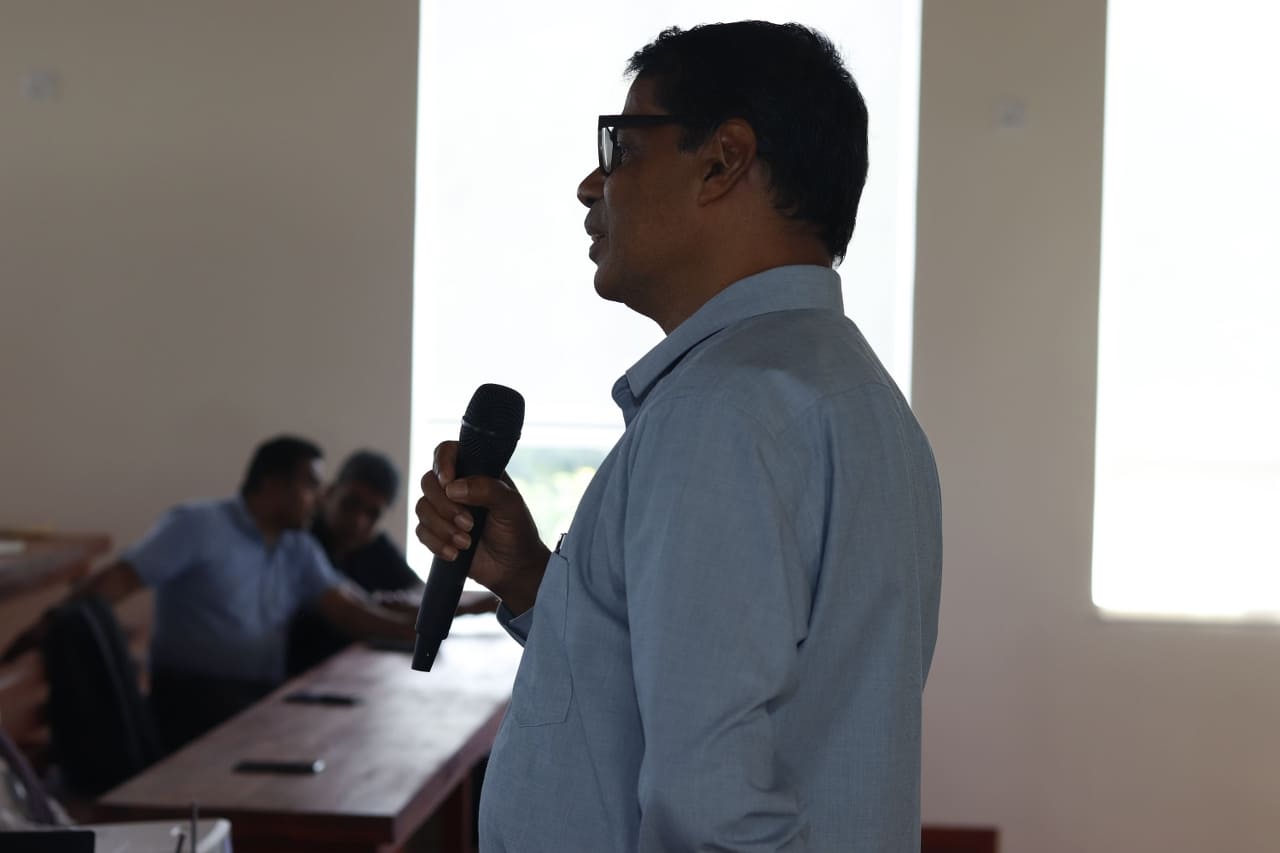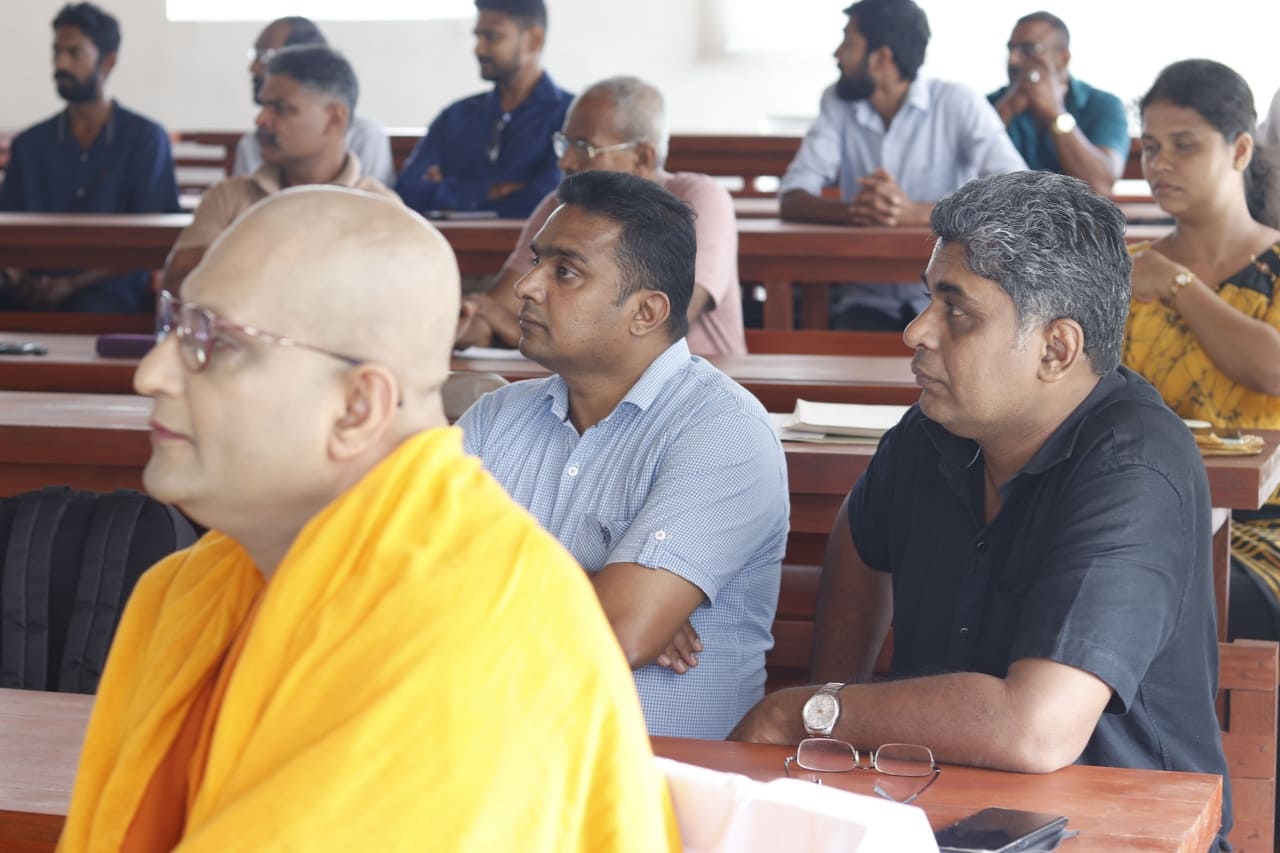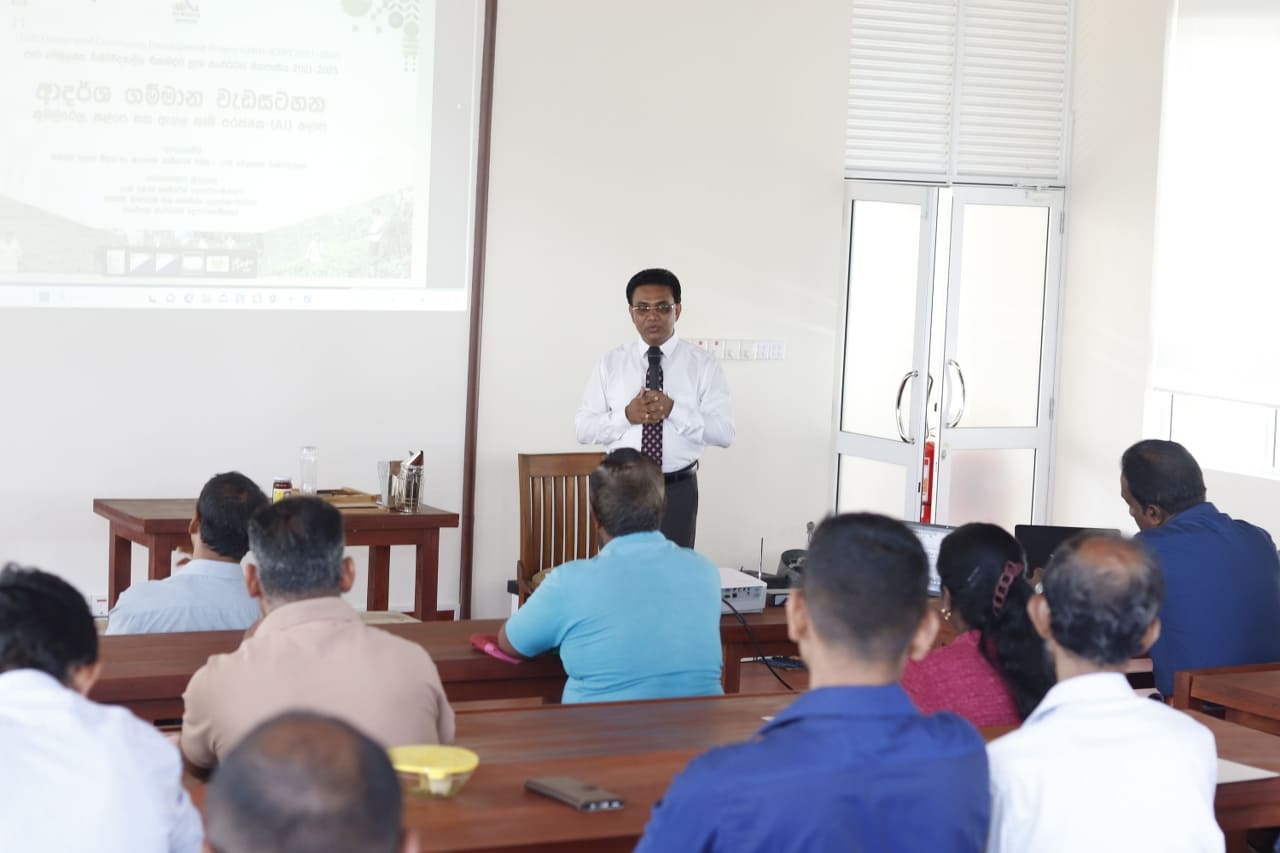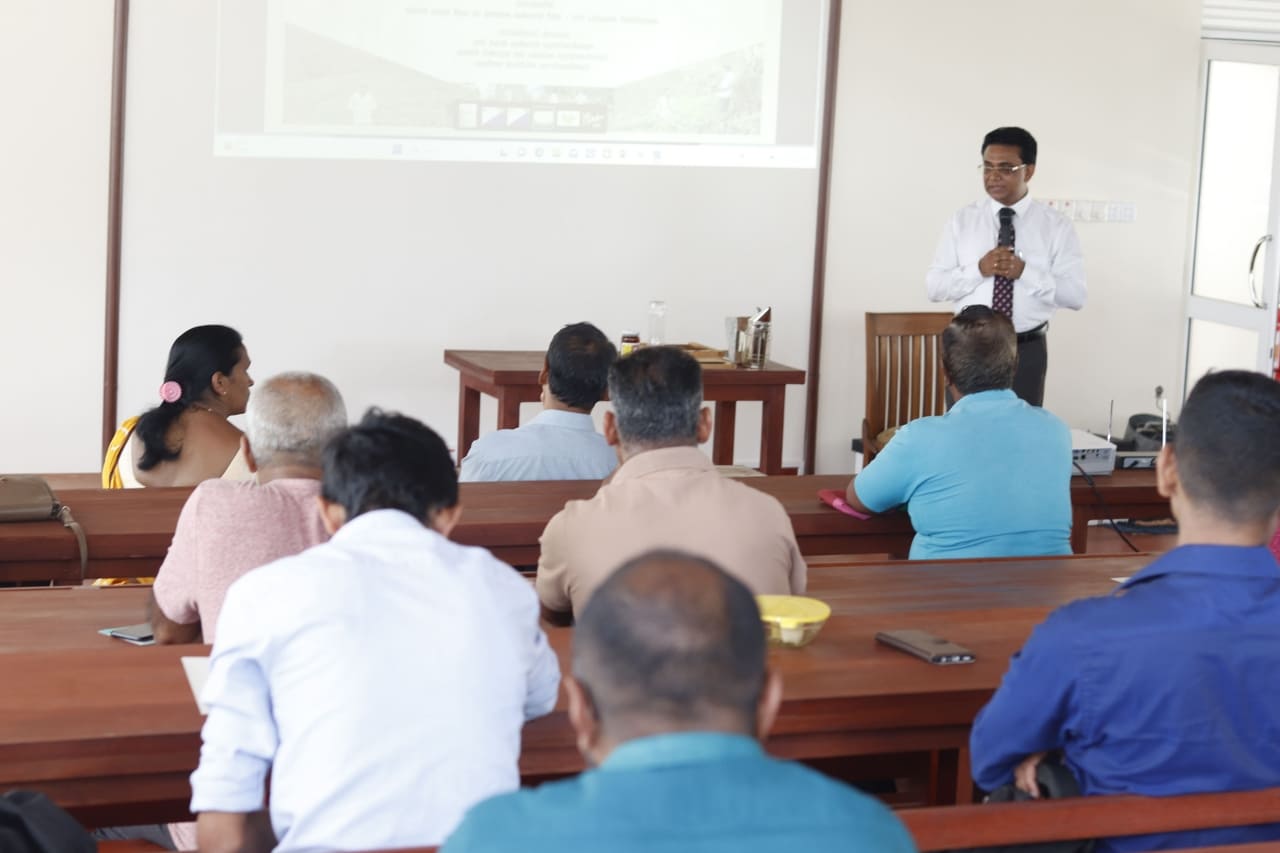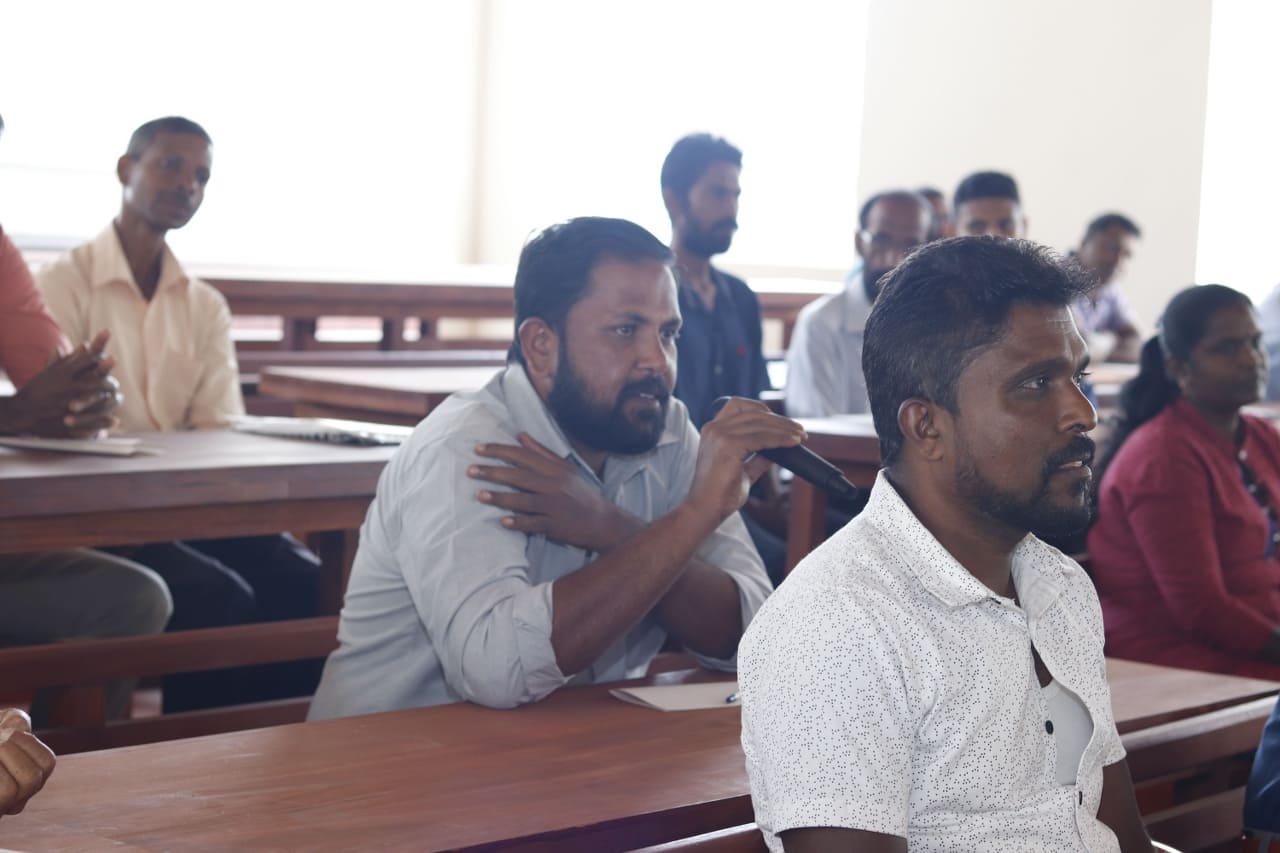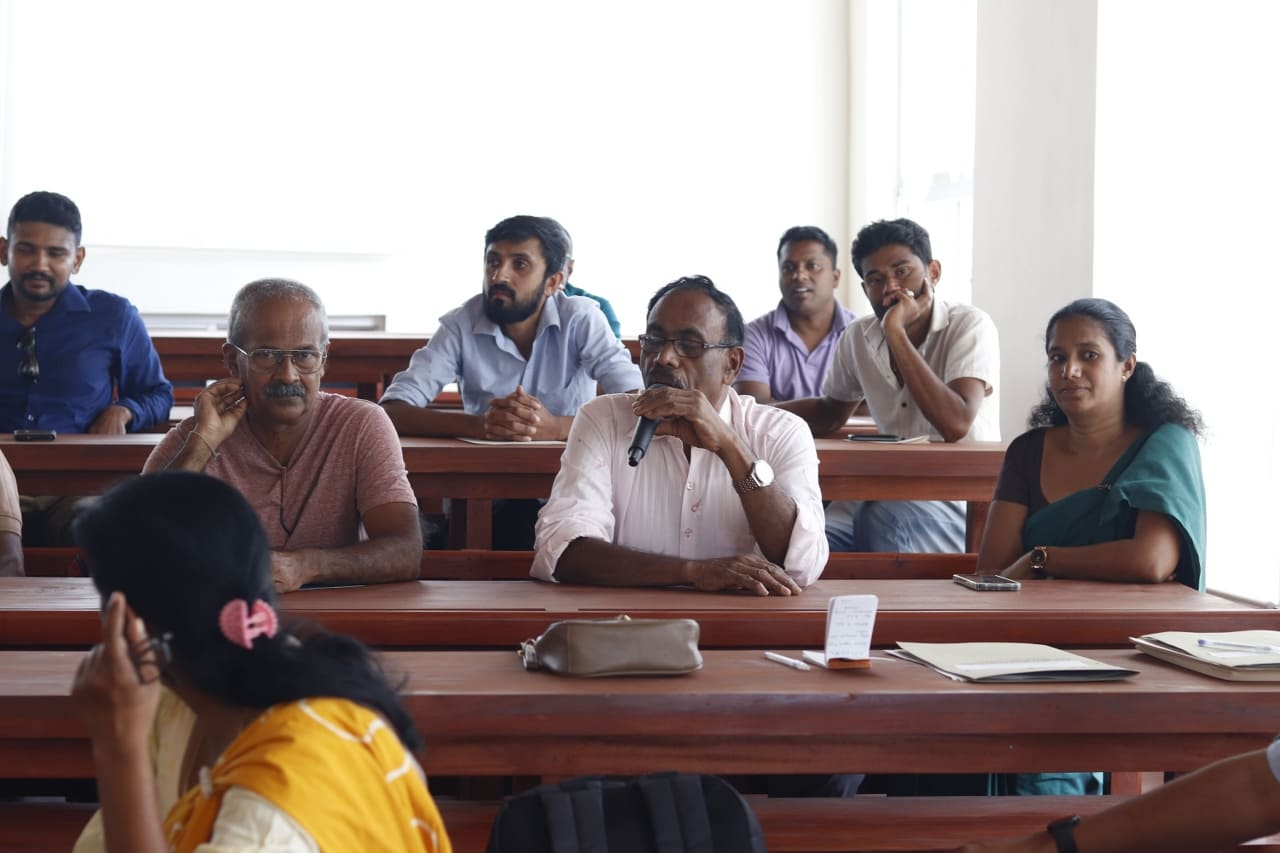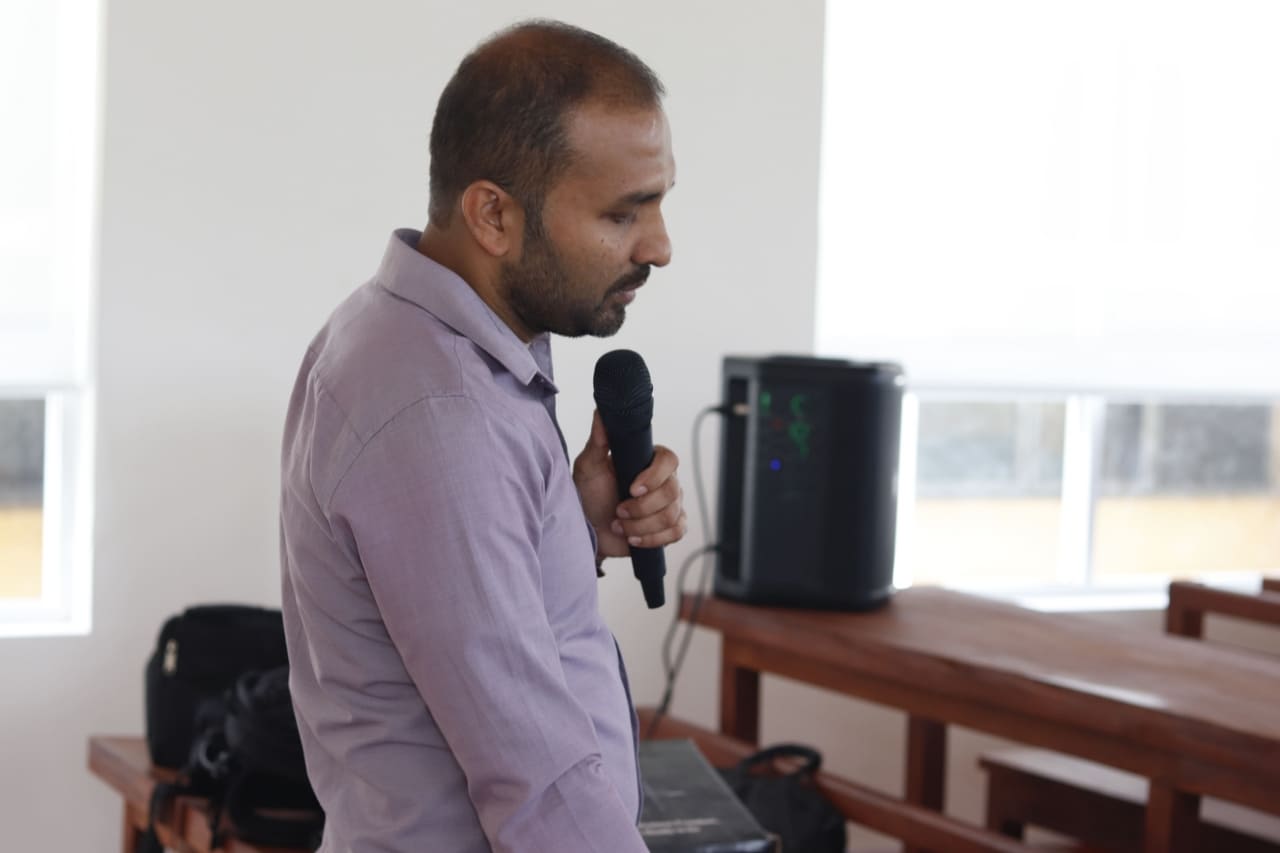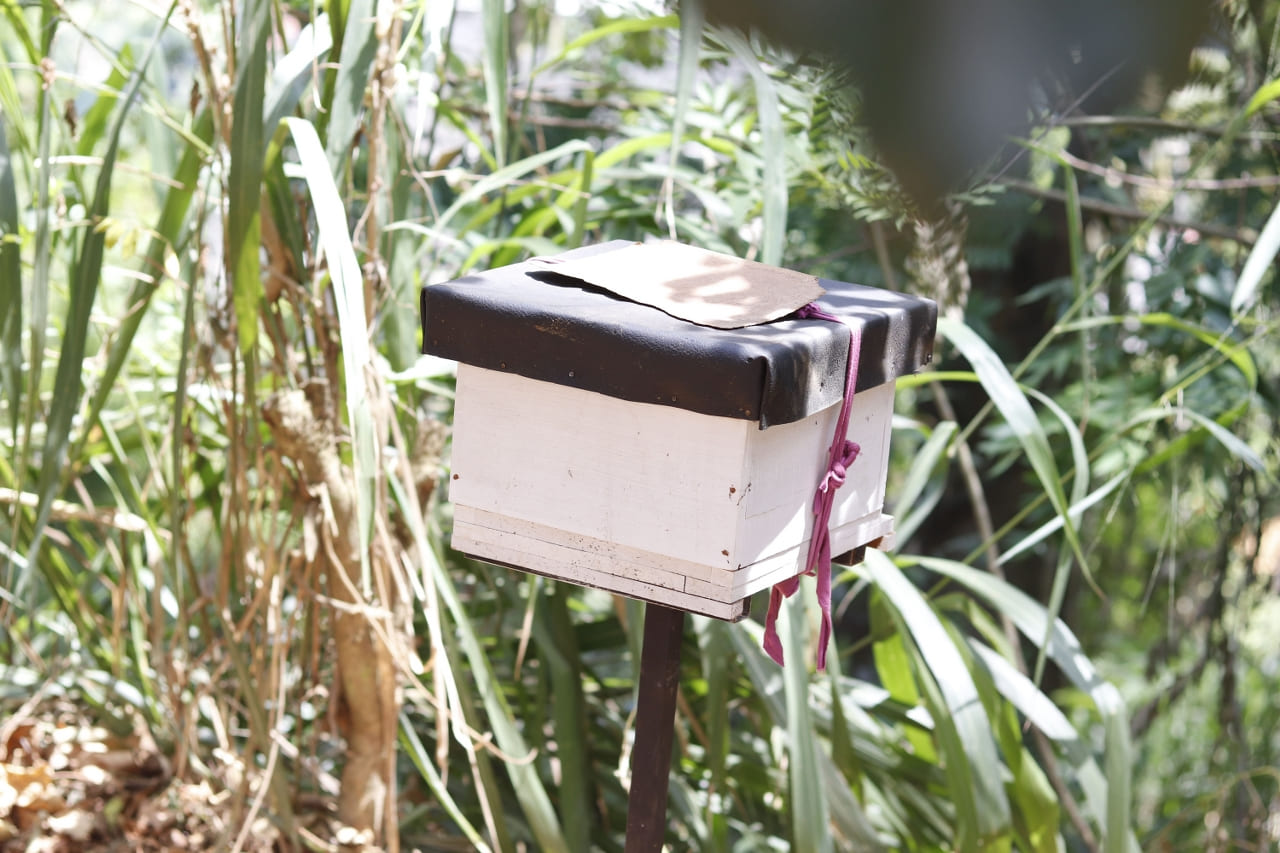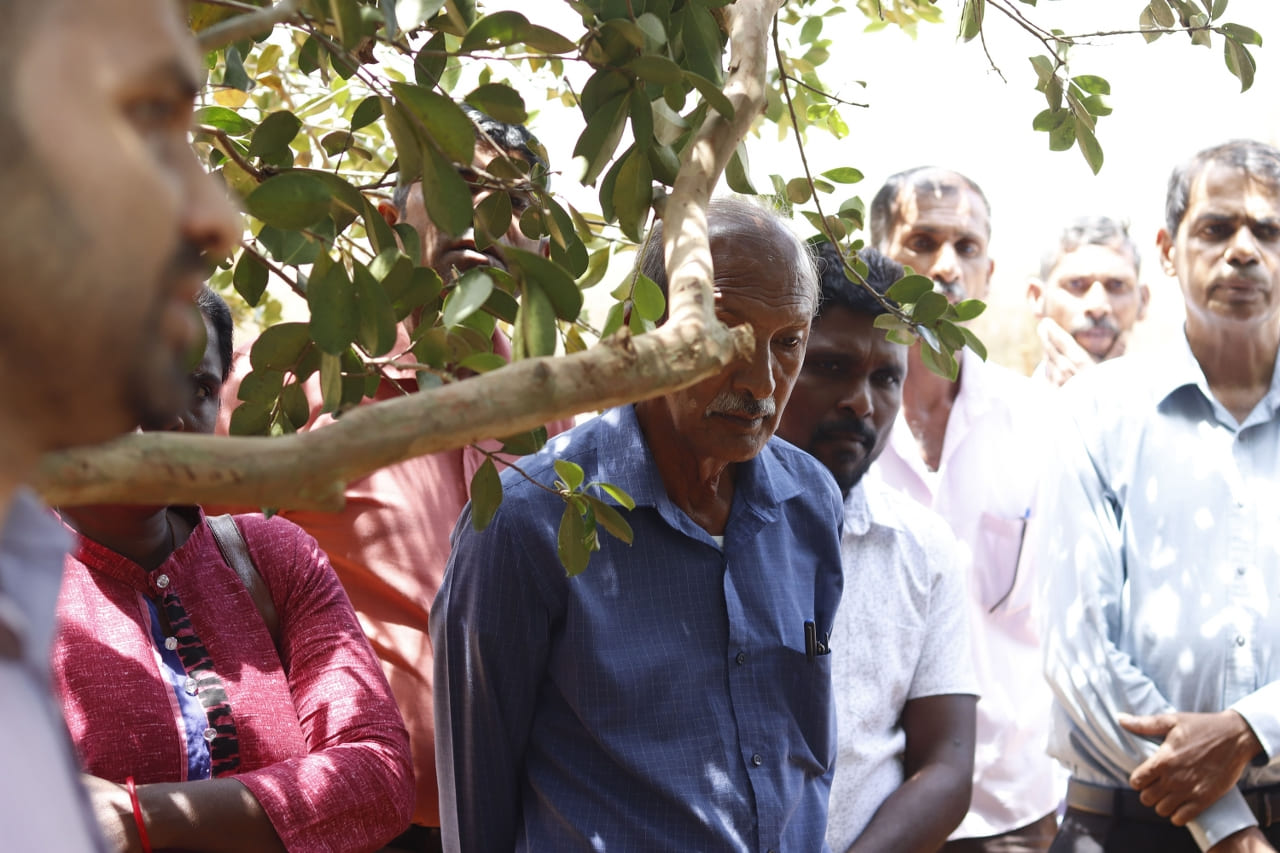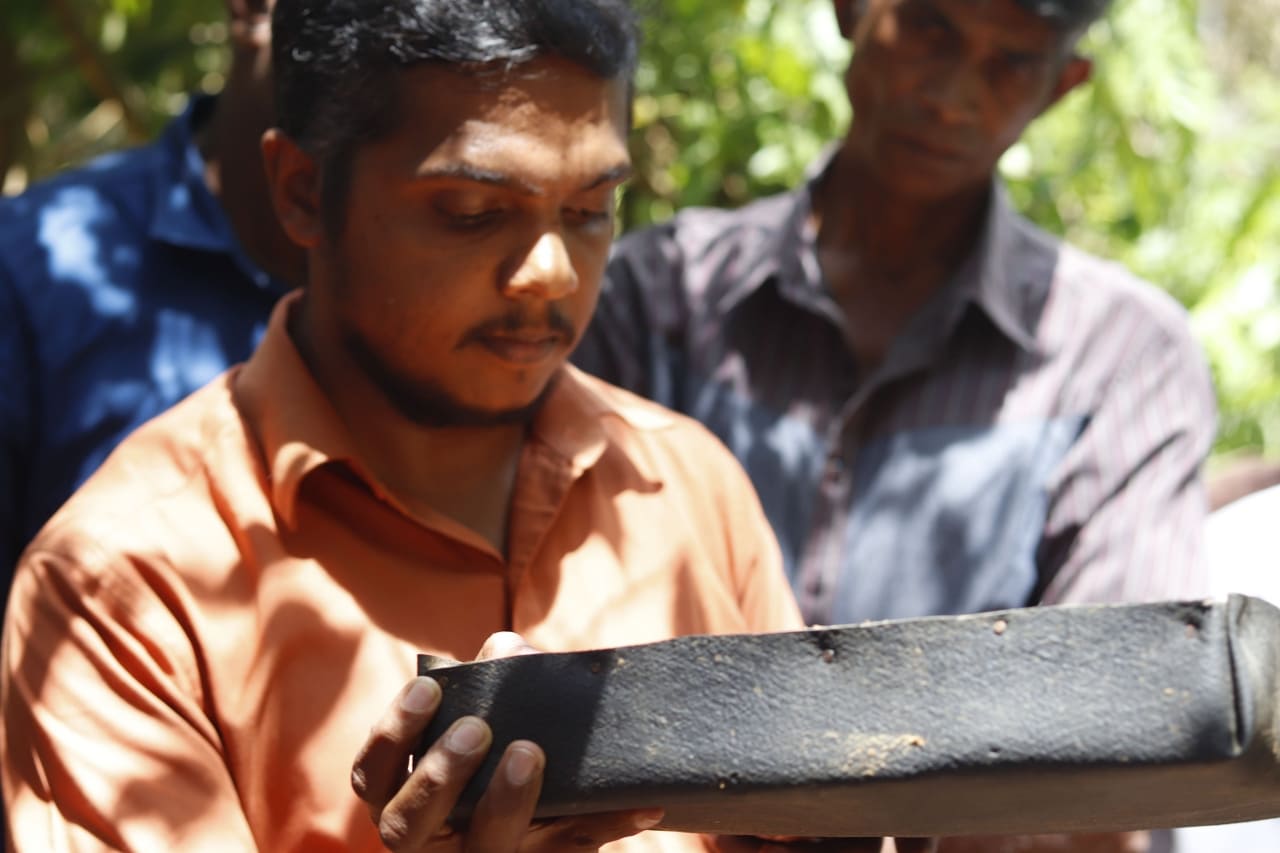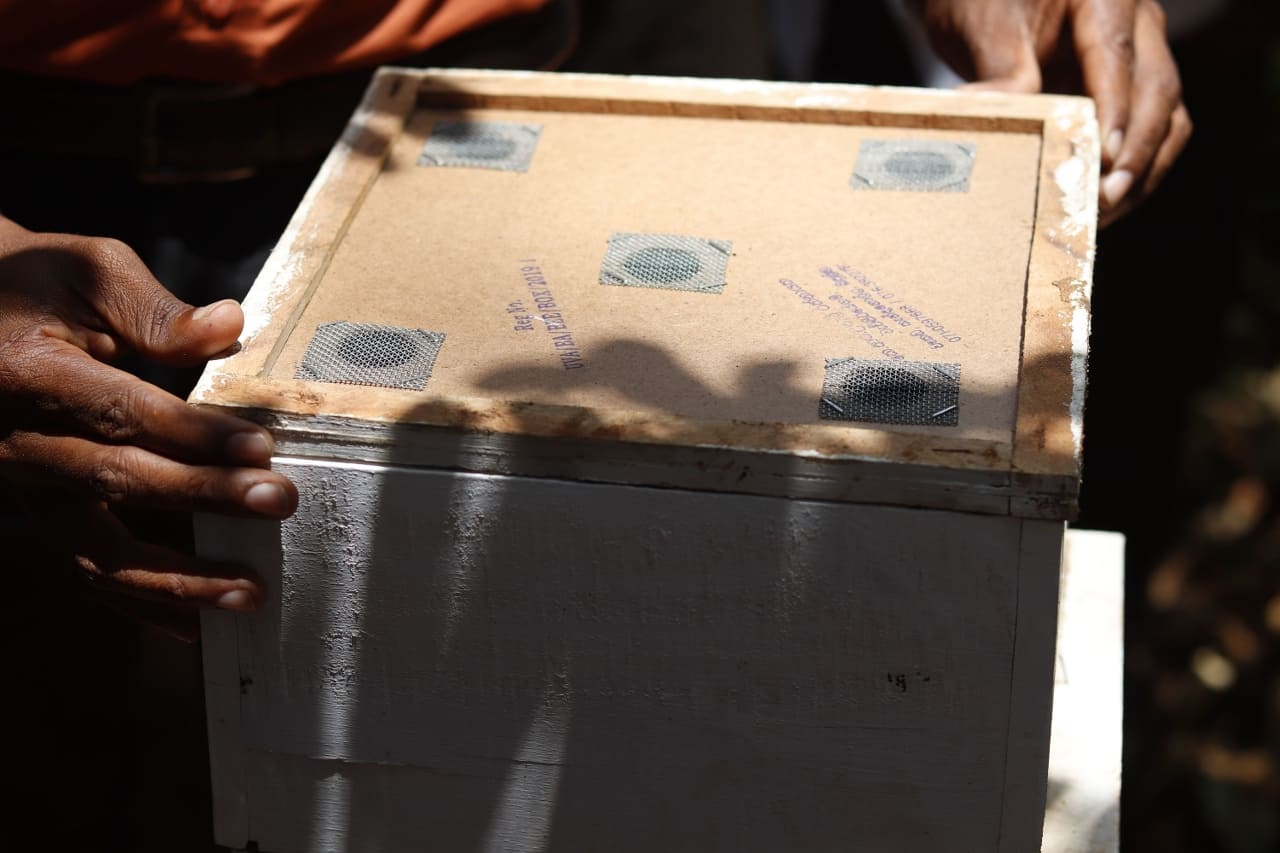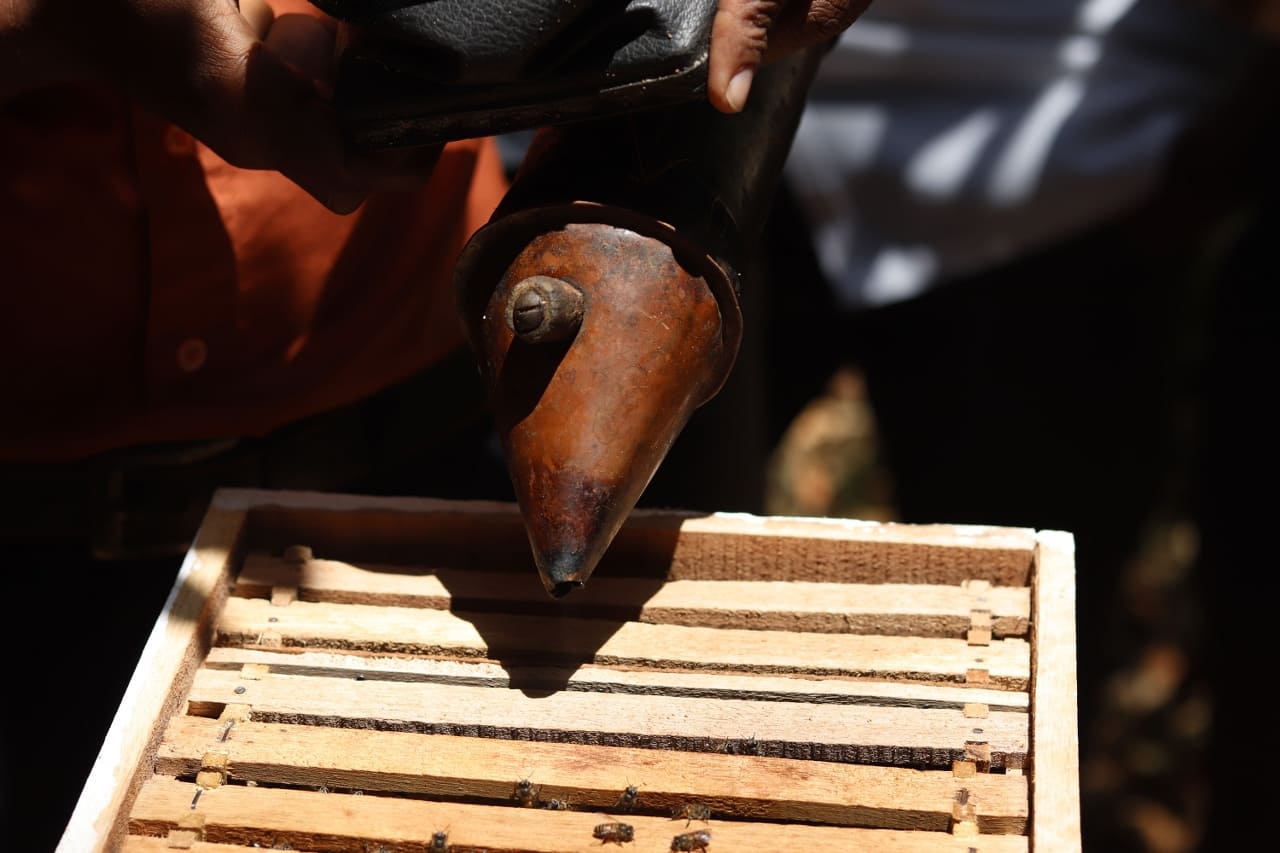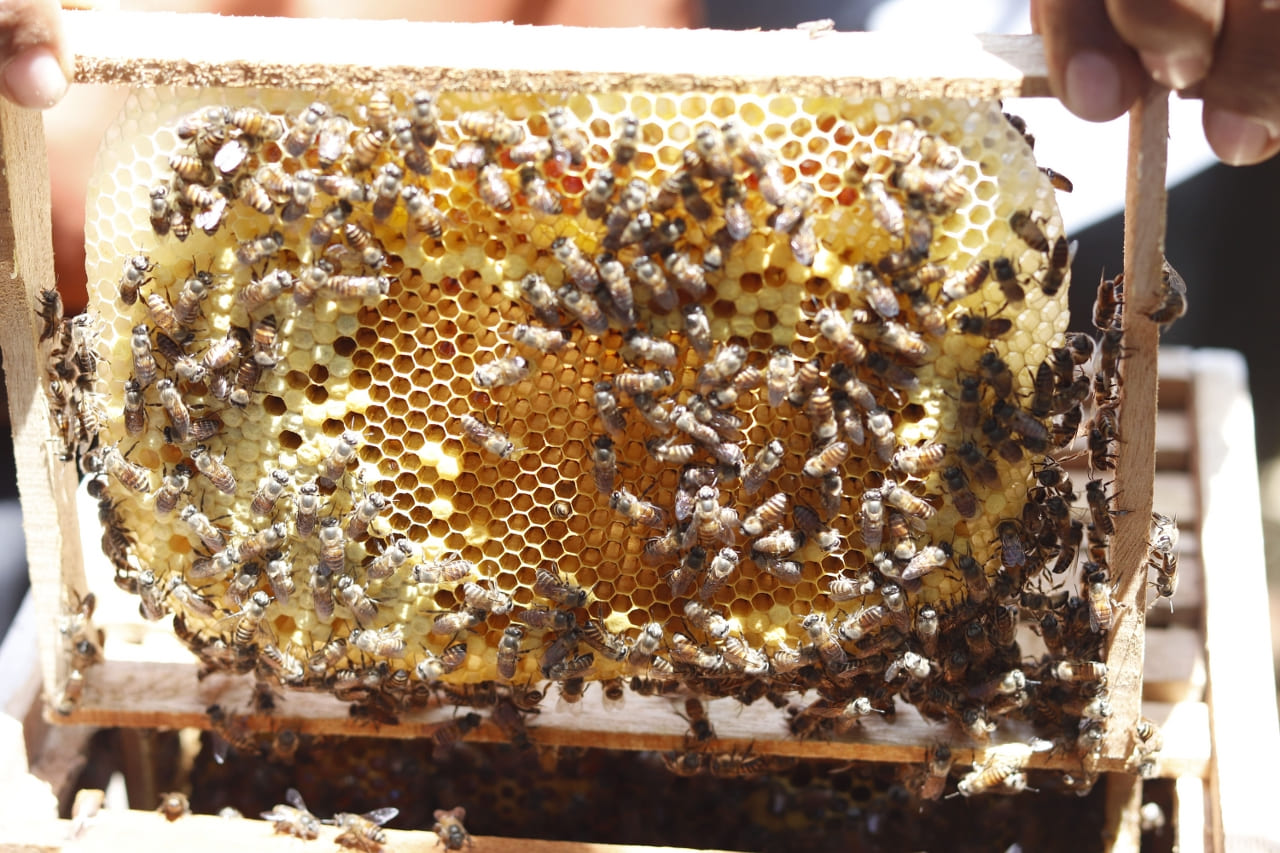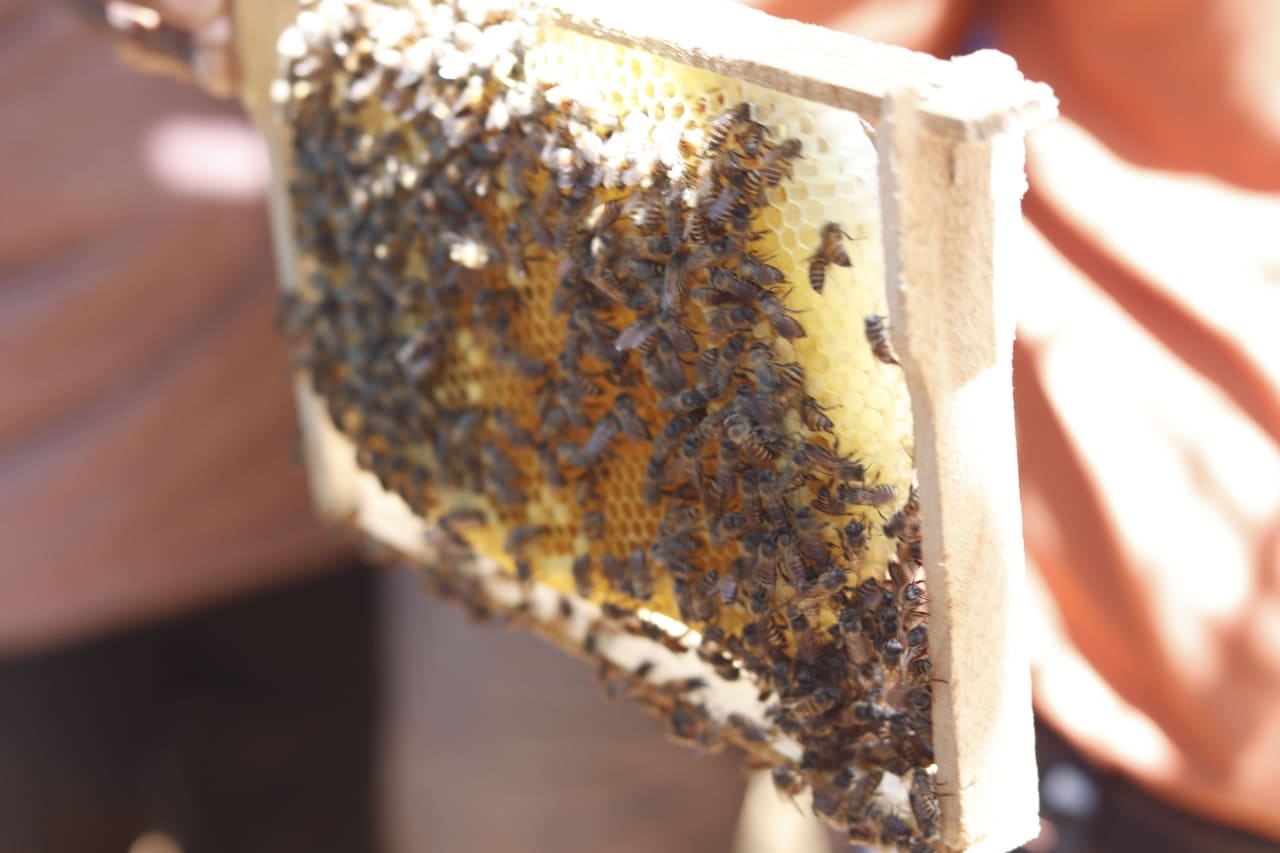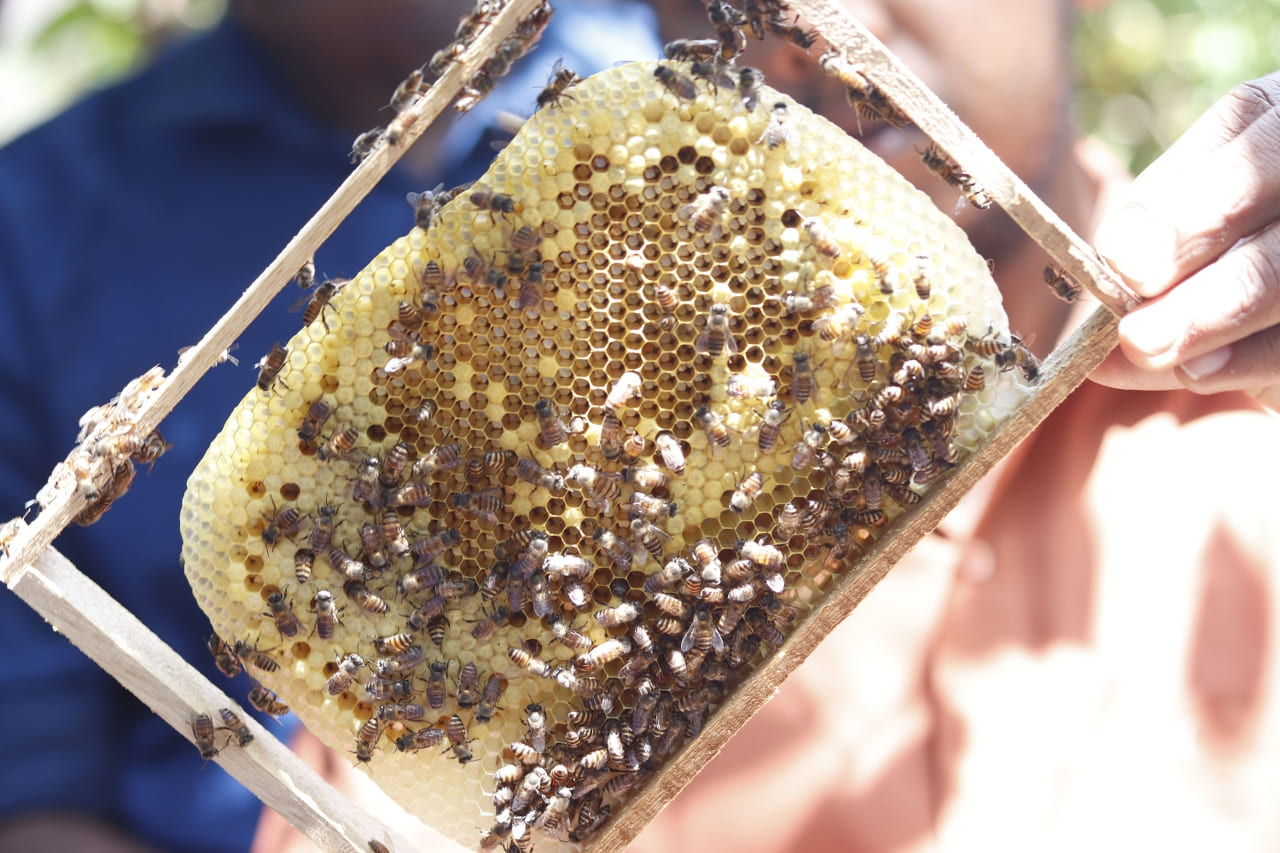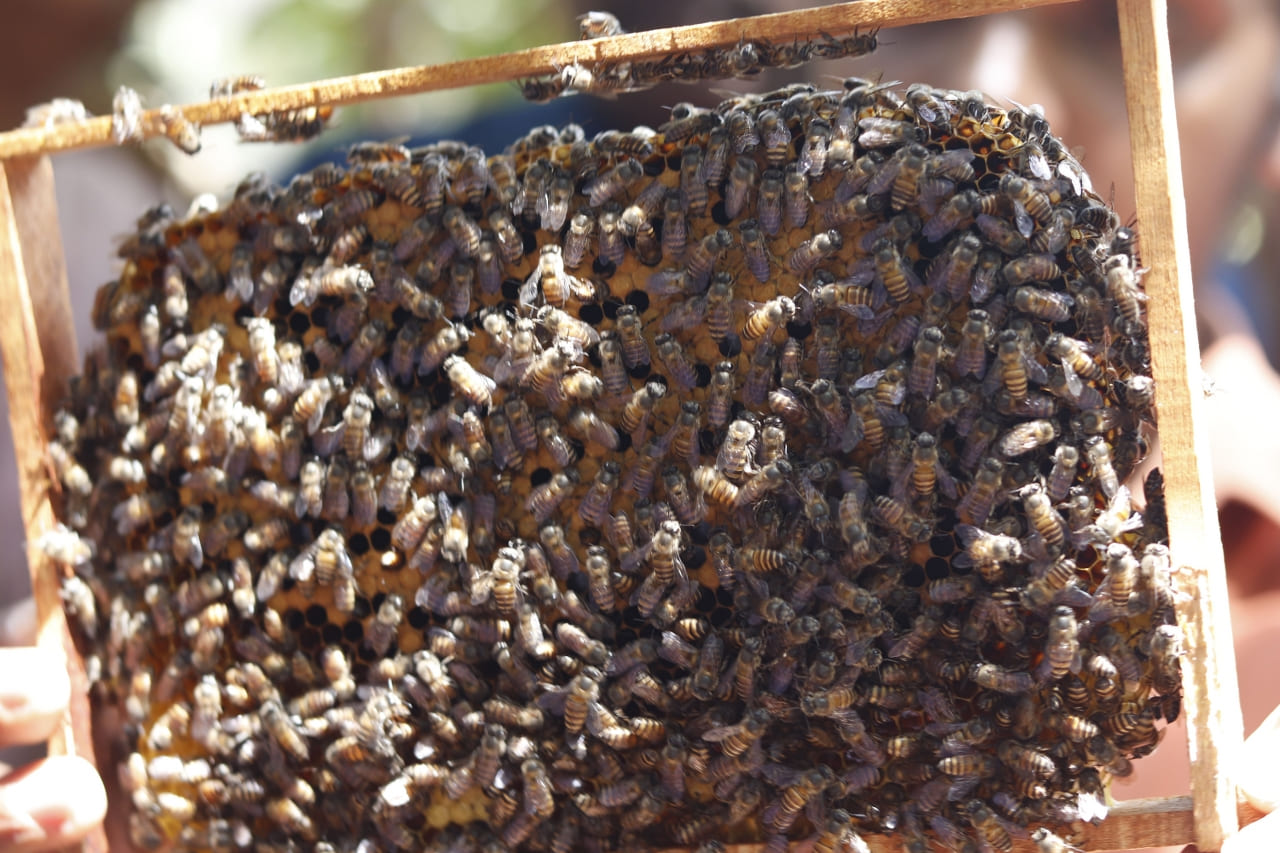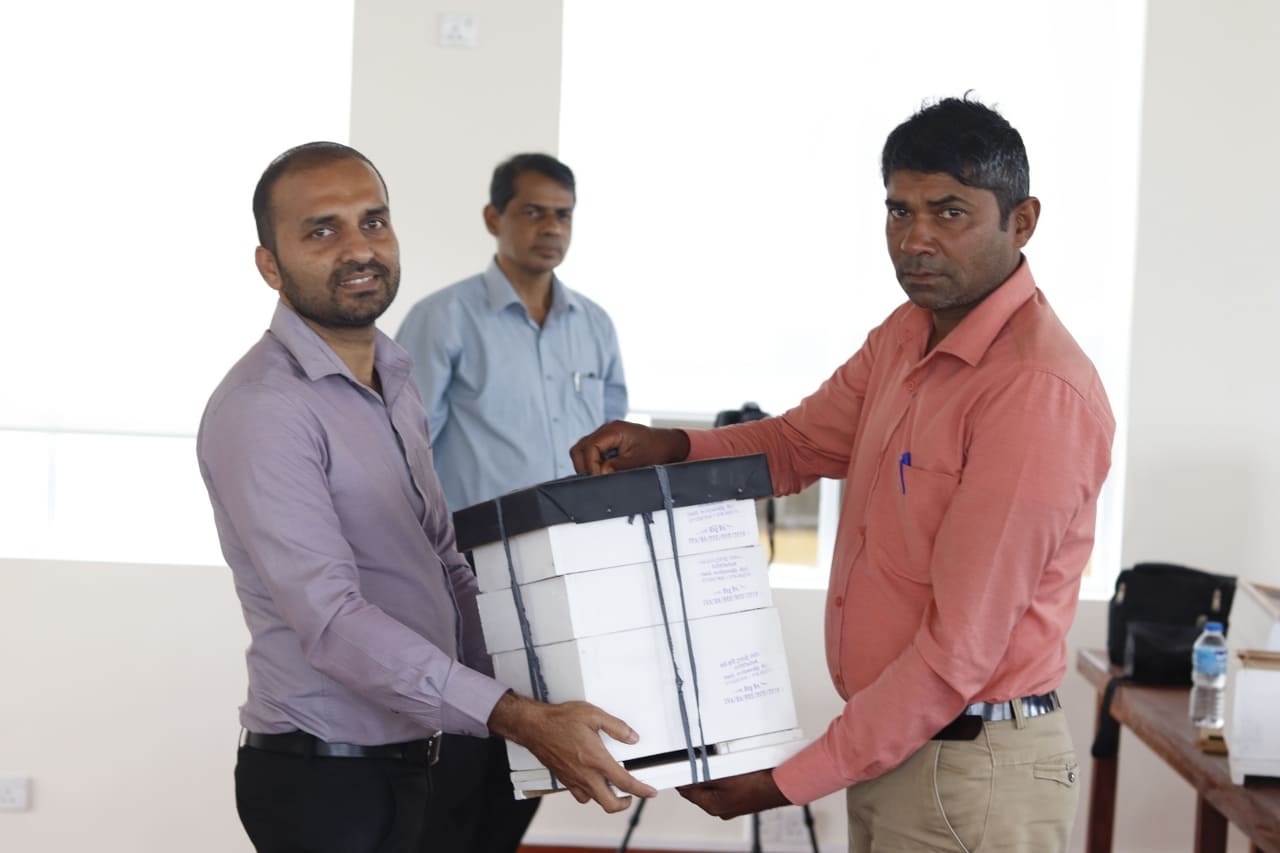Department of Export Agriculture, Faculty of Animal Science and Export Agriculture launched a Beekeeper Capacity Building Training Programme under UWU-Integrated Community Development Project (UWU-ICDP). The project was named as “4PS Eco Bee Biz” and implemented as a Public-Private-Producer Partnership. As its first event, a ceremonial beekeeper-participatory training programme was conducted on July 27, 2023 from 9.00 am to 1.00 pm in the UWU premises. The event was attended by thirty bee farmers who are engaging in beekeeping at Badulla, Kumbalwela and Bandarawela regions. Also, several officers of agricultural services from the Bee Development Unit, Department of Agriculture, Bindunuwewa and the Divisional Agrarian Development Center, Kumbalwela participated and extended the special technical assistance for the programme.
Dr. Lalith Amarathunga, Head,Department of Export Agriculture welcomed the gathering at the inauguration ceremony. Prof. Saman K. Herath, Dean, Faculty of Animal Science and Export Agriculture gave an overview to the UWU-Integrated Community Development Project as well as the Uva Agriculture Development Forum and emphasized the importance of integrating bee keeping units with the model farm village. Dr. Nuwan Weerawansha, the Coordinator of the “4PS Eco Bee Biz project” explained the aims and also presented the work plan for the future activities.
Mr. P.P.R. Wimukthi, Assistant Director, Bee Development Unit, Department of Agriculture, Bindunuwewa conducted the technical session. He demonstrated the main steps of beekeeping and addressed the questions raised by the beekeepers. A hive (bee box) was established at the Model Crop Unit of the Model Agriculture Farm, Faculty of Animal Science and Export Agriculture. Further, a mini size apiary will be expected to be established in future.
4PS Eco Bee Biz project is funded by a non-profit organization named “Agricola Queensland, Australia” and the project mainly aims to foster a firm connection between Uva Wellassa University and beekeepers’ community in the Uva region. The objectives of the project are to promote scientific beekeeping in the area and thereby to increase the income of beekeepers by increasing the production of honey and other value-added beehive products. Moreover, the university undergraduates will be given the opportunity to expand the research paths under the discipline of apiculture. The project also targets agro-tourism in the area wherein Api-tourism may be expected to be promoted as it combines sustainable beekeeping niche, historical heritage, and health tourism. The growing interest in Api-tourism may lead to the development of peculiar hives that allow visitors to safely approach bees and to observe the life within the hive without disturbing the insects. The next event of the project will be a monitoring programme to observe the health condition of the newly formed bee hives and that will be implemented in November 2023 with the participation of second year undergraduates of the BScHons (Export Agriculture) degree programme.
At the discussion session, Dr. Lalith Amarathunga explained the benefits of the project in terms of different stakeholders’ perspective and he further added that all registered bee keepers will be provided a bee box for free of charge at the project’s expense. Two beekeepers were provided bee boxes during the programme itself to ceremonially mark the provision of bee boxes through the 4PS Eco Bee Biz project. Interestingly, all beekeepers came to an agreement to buy a bee colony from a supplier by contributing 80% of its cost whereas the balance 20 % will be paid at project’s expense. Despite the fact that getting a bee hive from a supplier, Dr. Amarathunga requested all participants to form a colony by themselves with the knowledge that was acquired from the training programme. Dr. Apekshika Premathilake delivered the vote of thanks acknowledging different stakeholders who helped out in many ways to conduct this programme successfully.
